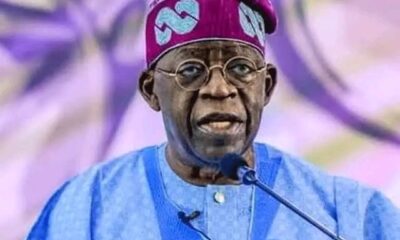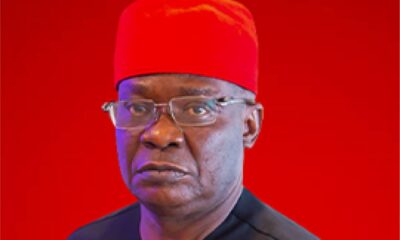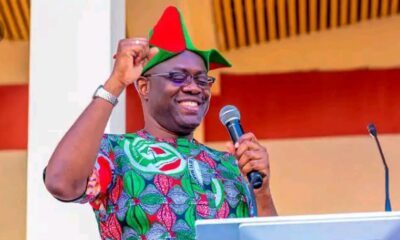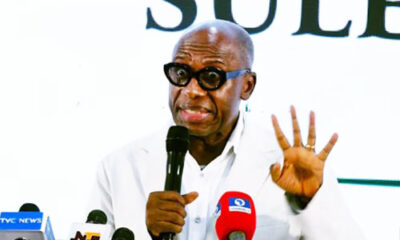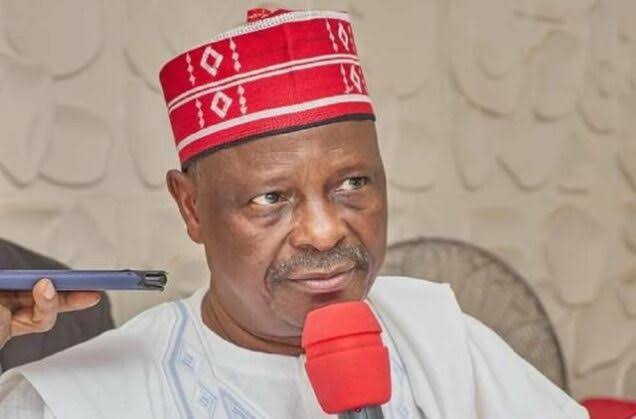Politics
DSS clears Tinubu’s ambassadorial nominees
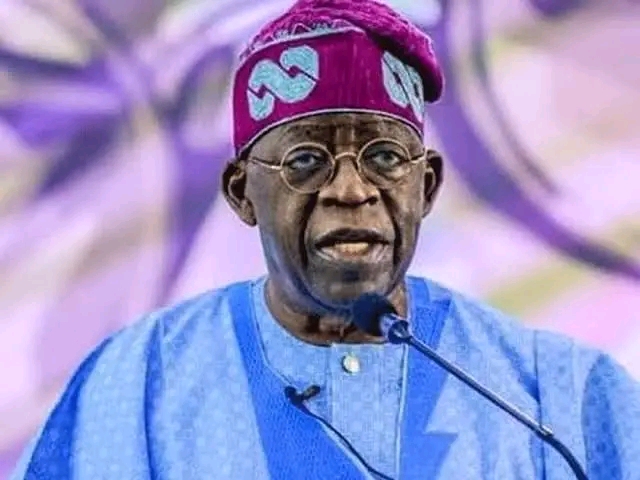
The Department of State Services (DSS) has completed the screenings for individuals selected to represent Nigeria in diplomatic missions across 109 global outposts, including 76 embassies, 22 high commissions, and 11 consulates.
Although the Department of State Services (DSS) has concluded its vetting process, President Bola Tinubu is yet to forward the consolidated list of nominees to the National Assembly for confirmation, according to several sources familiar with the development.
The delay comes amid President Tinubu’s ongoing working visit to France, which began on April 2. According to his Special Adviser on Information and Strategy, Bayo Onanuga, the trip will allow the President to assess his administration’s mid-term progress and continue planning ahead of its second anniversary.
“During the visit, the President will appraise his administration’s mid-term performance and assess key milestones,” Onanuga said in a statement. He added that Tinubu would also “review the progress of ongoing reforms and engage in strategic planning ahead of his administration’s second anniversary.”
Officials within the Presidency confirmed that although the DSS checks are complete, the list is still being finalized.
“They have finished the DSS checks. That part is done. In fact, we were expecting the names to be out by yesterday or earlier than that. But so far, it looks like he (President Tinubu) still needs a little more time. Our eyes were up for this week. But it is confirmed that the background checks are over,” one source stated, requesting anonymity.
Another official added, “The names were supposed to be out earlier than yesterday (Wednesday). We’re not sure where the delay is coming from.”
Nigeria’s diplomatic missions have operated without appointed ambassadors since September 2023, when Tinubu recalled over 83 career and political envoys as part of a broad foreign policy reassessment rooted in his “4Ds” framework—Democracy, Development, Demography, and Diaspora.
In the months that followed, particularly during the December holiday season, the President reportedly spent time reviewing potential nominees. Despite initial plans to submit the list by year-end, the process stalled, with sources attributing the delay to significant financial constraints.
“You see, the major issue is money. Not money to pay them [ambassadors], because how much is their salary and benefits? The main money is CAPEX (Capital Expenditure). By the time they put the cost together to fix the issues, it is running to almost $1bn,” one official said.
Foreign Affairs Minister Yusuf Tuggar echoed this sentiment at a ministerial briefing in Abuja.
“It is a money problem,” he explained. “We met a situation where Foreign Affairs was not being funded like it should be. There is no point in sending out ambassadors if you do not have the funds for them to even travel to their designated country and run the missions effectively; one needs funding. Mr President is working on it, and it will be done in due course.”
The Senate Committee on Foreign Affairs typically conducts interviews to assess the nominees’ credentials, diplomatic experience and commitment to serving Nigeria’s interests abroad.
Once the committee approves them, the full Senate votes on their confirmation. If confirmed, the nominees are then formally appointed by the president.
Following confirmation, the newly appointed ambassadors undergo an orientation programme organised by the Ministry of Foreign Affairs, which covers Nigeria’s foreign policy objectives, the host country’s context and expectations for diplomatic conduct.
Ambassadors then receive their Letters of Credence—an official document from the president—and present these credentials to the head of state (or government) in their assigned country.
Only after this ceremony are they recognised as Nigeria’s formal representatives, able to engage in diplomatic duties such as negotiation, consular services and fostering bilateral relations.
Impeccable sources attributed the delay to “last-minute changes” to the list of nominees.
“What I learned is that there are some last-minute changes to be made because once you release names like these, it becomes embarrassing for the government to start changing and apologising.
“If you pick someone who turns it down, it could embarrass the President. I know we were expecting it on Monday and Tuesday.
“The names were expected this week. But I can assure you that the DSS and the other agencies have done the bulk of their part. If there are some remaining, it should be one or two. But they have done their part,” a Presidency official said.
However, a highly placed foreign service officer familiar with the circumstances revealed that the President has been reluctant to bow to pressure to appoint envoys.
The official noted that the President was convinced that the monies meant for the deployment could be better used to address pressing domestic issues.
“From what I have seen, the President is reluctant to do this because of the cost. He feels the money could be used for more pressing issues at home, such as domestic reforms.
“You know, there is a lot of pressure internationally from the diplomatic community, the diaspora and general stakeholders. He’d rather use those funds for domestic issues, which feel more urgent.
“It is going to be released. But it is not clear how soon. I’ll be quite surprised if they are deployed early in the year. The process is slow,” the official told our correspondent.
The President’s Special Adviser on Information and Strategy, Mr Bayo Onanuga, who explained the delays, said that nominations for diplomatic roles must be thorough before a final list is transmitted to the National Assembly.
“Don’t forget that the ambassadorial list has two components. There are career ambassadors and political ambassadors. The foreign affairs and consolidated list will still go through certain processes before it is released,” Onanuga said.
-
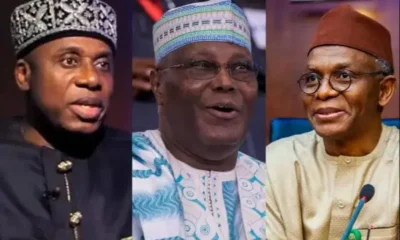
 Politics2 days ago
Politics2 days agoWhy Tinubu’s APC must go in 2027– Atiku, El-Rufai, Amaechi
-

 National News2 days ago
National News2 days agoJune 2025: See full list of public holidays in Nigeria
-

 National News2 days ago
National News2 days agoBreaking: 19 confirmed dead as team Kano contingent bus from Abeokuta crashes
-
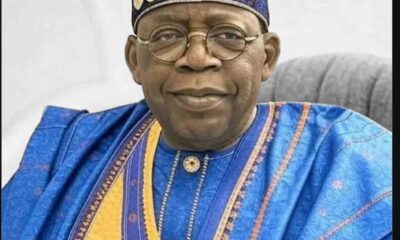
 Politics2 days ago
Politics2 days ago2027: Northern democrats proposes new party for anti-Tinubu coalition
-
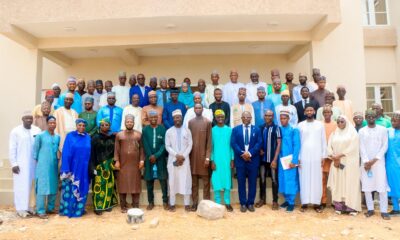
 Education2 days ago
Education2 days agoSAZU unveils Career Service Centre, Entrepreneurship Development Centre, commissions 500KVA generator
-
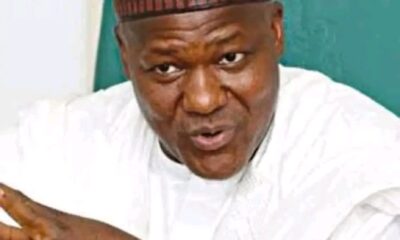
 Metro News2 days ago
Metro News2 days agoBauchi: Bulus hails Tinubu for appointing Dogara as NCGC chair
-
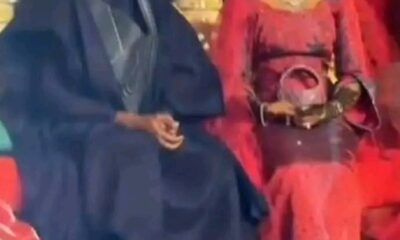
 Sports2 days ago
Sports2 days agoAhmed Musa marries 4th wife
-

 Sports2 days ago
Sports2 days agoManchester City eye Lyon’s Rayan Cherki


